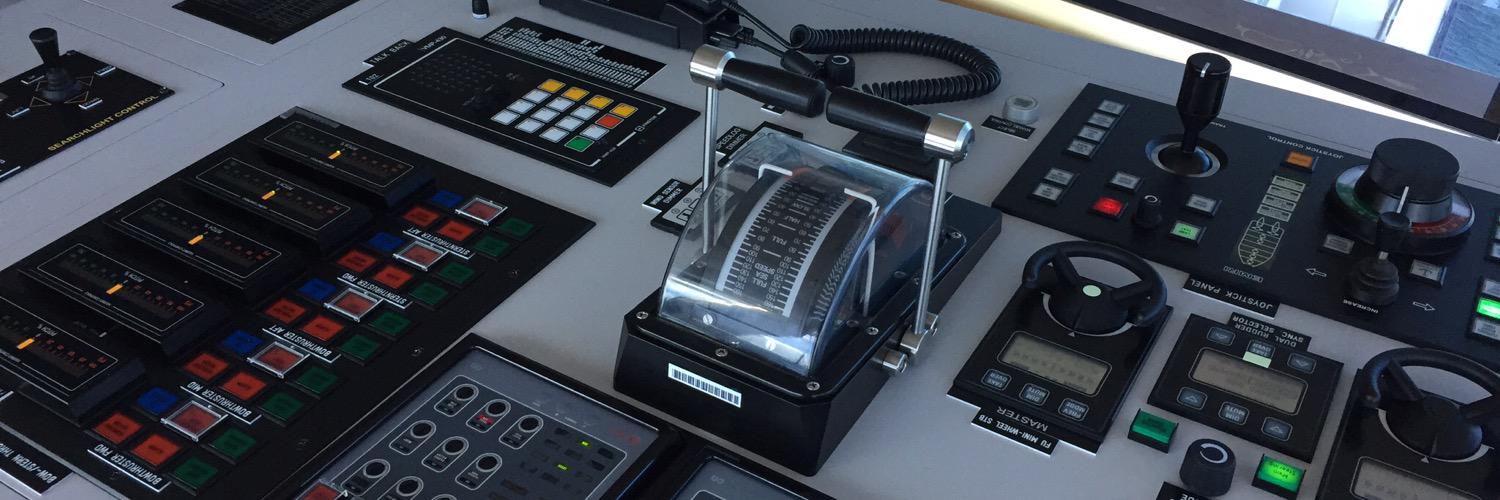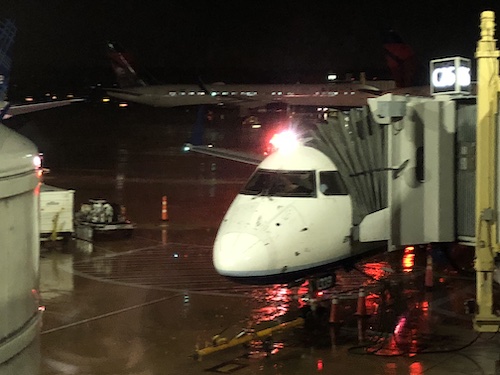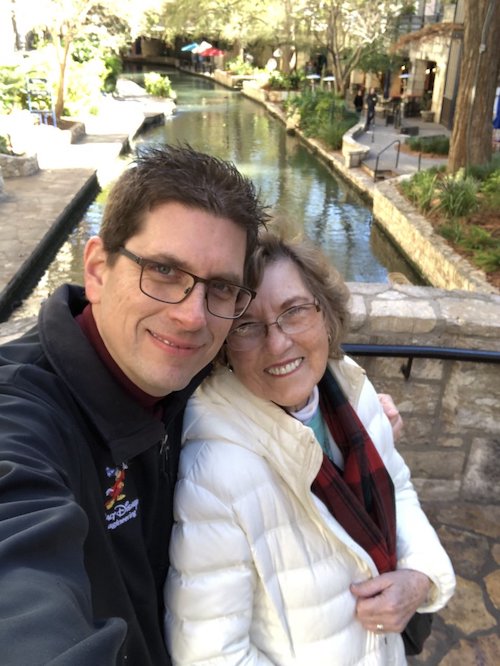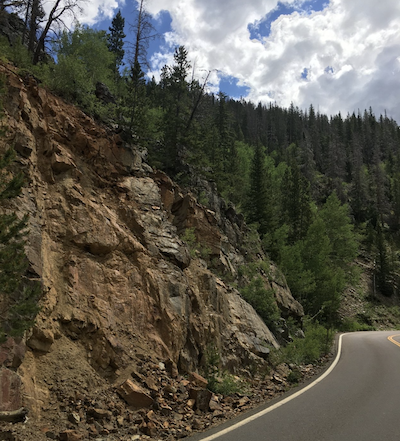“On the other side of the screen, it all looks so easy.” – Kevin Flynn
Greetings programs,
“LaserDisc… Prepare to be blown away!” The clerk at the local movie rental store handed us the LaserDisc player and movie and guaranteed that it would level up our home movie experience. My brother and I unpacked the dazzling new player and quickly connected the RCA cables, powered up the audio system and hit play. Seconds later it sprung to life with colorful geometric shapes flying across the screen, taking us on a journey into a virtual realm. The dazzling images on the screen were accompanied by room filling sounds the LaserDisc pumped into the audio system. The ethereal soundtrack by Wendy Carlos transported us into this magical world of the impossible. The characters in the movie were playing video games, but not like my sister and I would play at the local arcade, they were actually in the game, inside the computer! They were “programs”, walking around, pulling power from circuit board rivers of light, recording information on their identity disks, piloting vector based light-cycles, tanks, recognizers and solar sailing ships across the grid. And like any good hero story, they fought against the oppressive evil overlord. The Master Control Program sought to enslave the world of computer programs to do it’s evil bidding to ultimately take over the human world. They were fighting for the “Users”, the human creators of this digital realm. One of those creators, a programmer named Flynn, gets transported into this digital world to join in on the fight. Welcome to the world of TRON!
I was blown away! The clerk had been right. It had inspired me and introduced me into a new world. The world of programs, computers and computer graphics. I was suddenly obsessed with this new found passion. It became an imperative for me to learn everything I could about this computer world. I managed to talk my dad into getting me a Commodore 64 so I could learn to do all these things that I had seen on the screen. Soon, I was crafting my own programs, sprites, animations and audio waveforms. I even made my own space adventure game that I published in our middle school paper, as if anyone would ever type in all that code! I was hooked. Maker clubs, hacker homebrew meetups and bulletin board systems eventually led me to join the computer science and electrical engineering departments at the University of Tulsa. I knew what I wanted to do. I wanted to fight for the Users, making programs and systems that made the world a better place.
TRON was released to theaters 40 years ago this past weekend. While not a blockbuster for Disney by any means, the film was groundbreaking. As with so many of Disney films, it had inspired people just like me. It even paved the way for computer-generated imagery in animated films. John Lasseter has said that without TRON, there would have been no Toy Story.
We make magic. But that magic isn’t just the compelling storytelling, the visual effects, the powerful adventures or experiences we deliver. No, the real magic is what endures those moments and begins a ripple effect on lives. People become inspired to try new things. New passions awaken. New worlds unfold. The work we do makes an impact that transcends the bottom line and propels us into the future as a species. We inform. We inspire. We improve our human experience, one story at a time.
Are you ready? It’s time to go play the game. Let’s go fight for the Users!
End of Line



